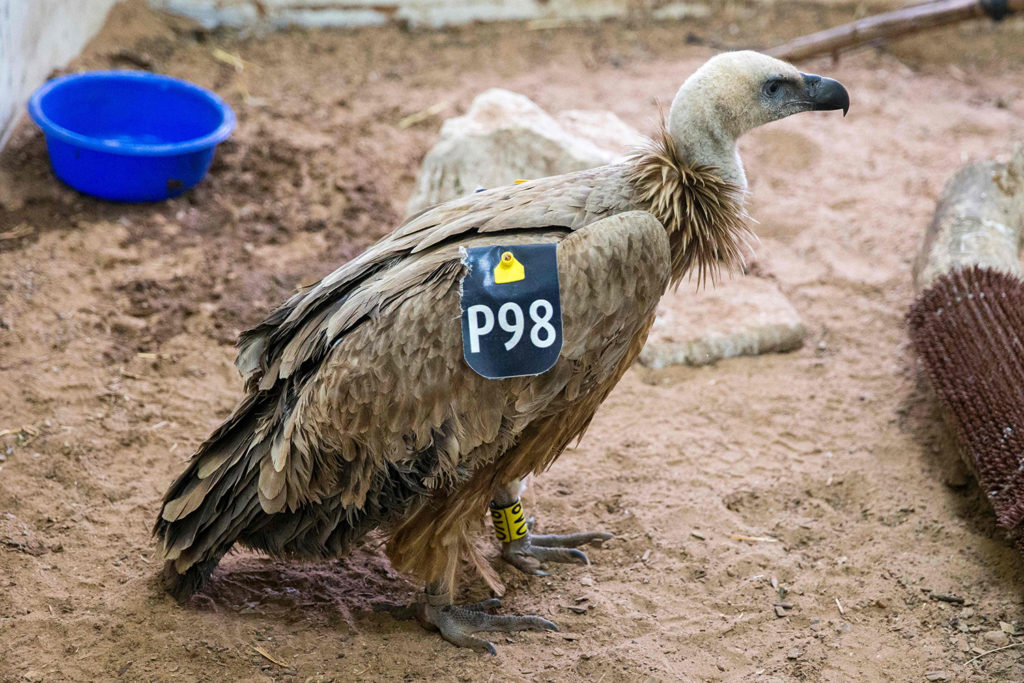Australia/Israel Review
Stranger than Fiction: UN Peacekeepers find a new role
Mar 10, 2016 |

Whoever said that UN peacekeepers in Lebanon do not engage in important work? Only recently they courageously intervened in a special operation to return a vulture to Israel, after the bird was detained on suspicion of spying.
The vulture, with a 1.9m wing span, flew over the border from an Israeli game reserve and was caught by villagers in Lebanon, where the tracking device attached to its tail as well as a metal leg ring engraved “Tel Aviv Univ Israel”, drew suspicion.
It took a discreet operation, involving the United Nations Interim Force in Lebanon (UNIFIL) soldiers and the UN liaison unit, before the Israel Nature and Parks Authority could return the vulture to the Gamla reserve in the Golan Heights. The vulture had been set free by the reserve as part of a project to bring raptors back to the Middle East.
While the Lebanese media reported that the villagers who caught the bird freed it after it became clear it was not a spy, this is far from being the first time a wild animal crossing the border from Israel has been suspected of working for Israeli intelligence. For example, a kestrel was detained in Turkey in 2013; Israel was accused of being behind a series of shark attacks in the Red Sea in 2010; and last year Hamas claimed to have captured an Israeli dolphin equipped with spying devices.
While both the vulture and nature lovers will doubtless be grateful for the work of UNIFIL in this case, UN contributors may nonetheless question whether this particular rescue justifies UNIFIL’s US$500 million annual budget and the 10,400 soldiers it deploys. It has certainly conspicuously failed in its core mission of preventing Hezbollah forces from re-arming and deploying in southern Lebanon under UN Security Council resolution Resolution 1701, passed in 2006.
This article is featured in this month’s Australia/Israel Review, which can be downloaded as a free App: see here for more details.
Tags: Israel






